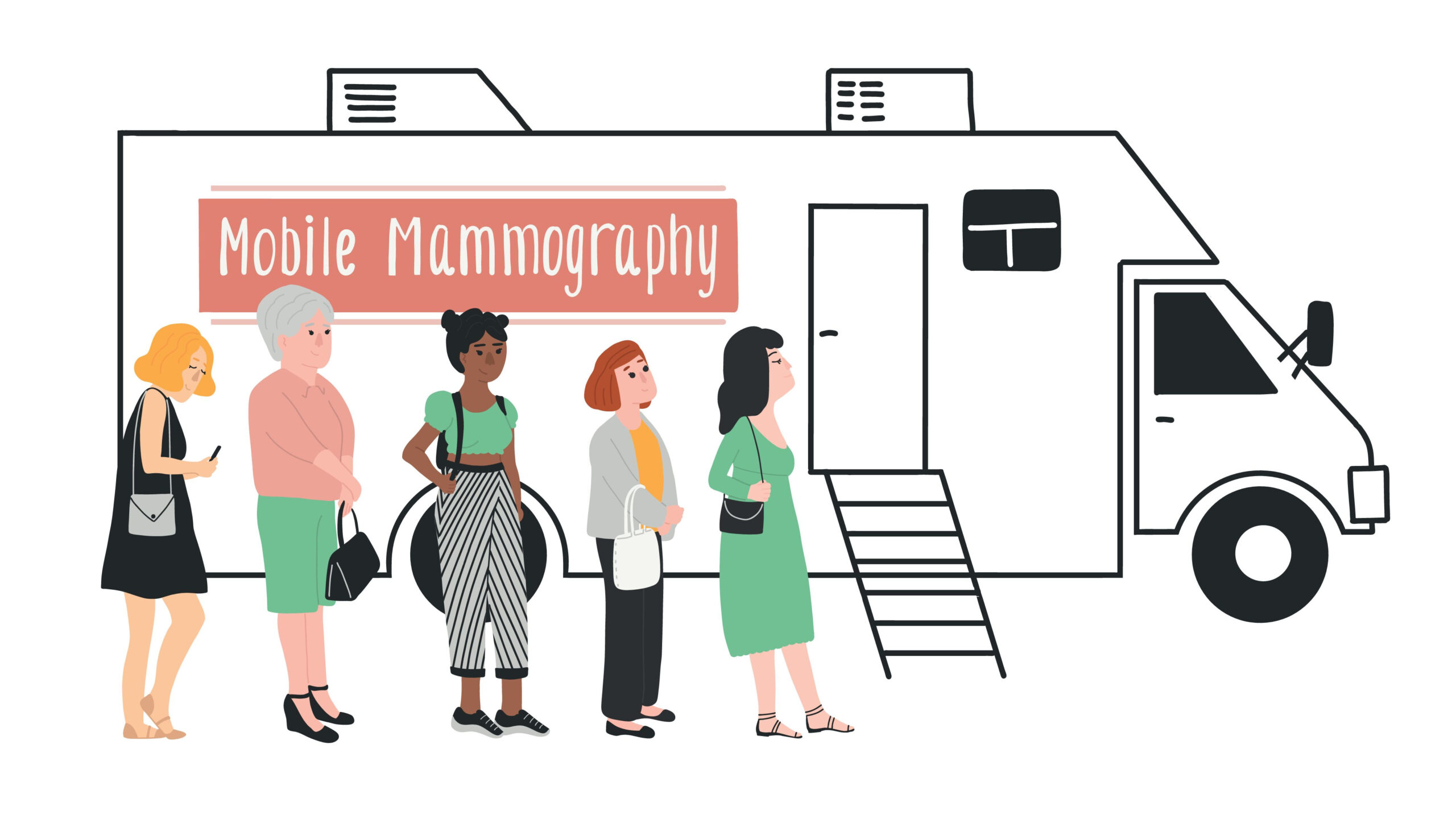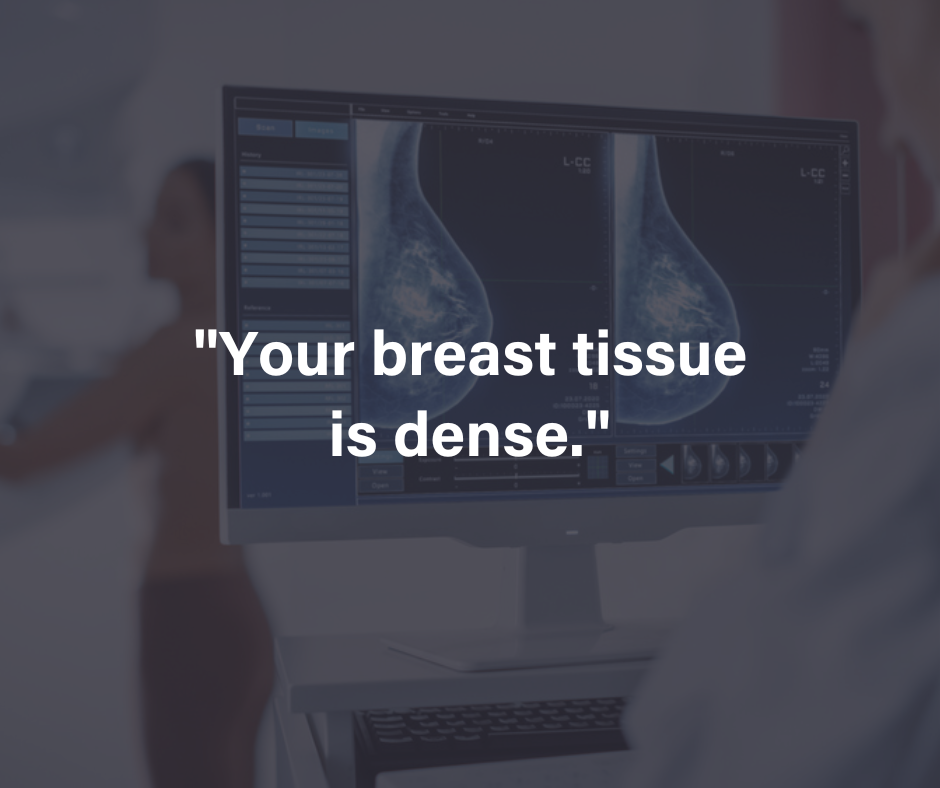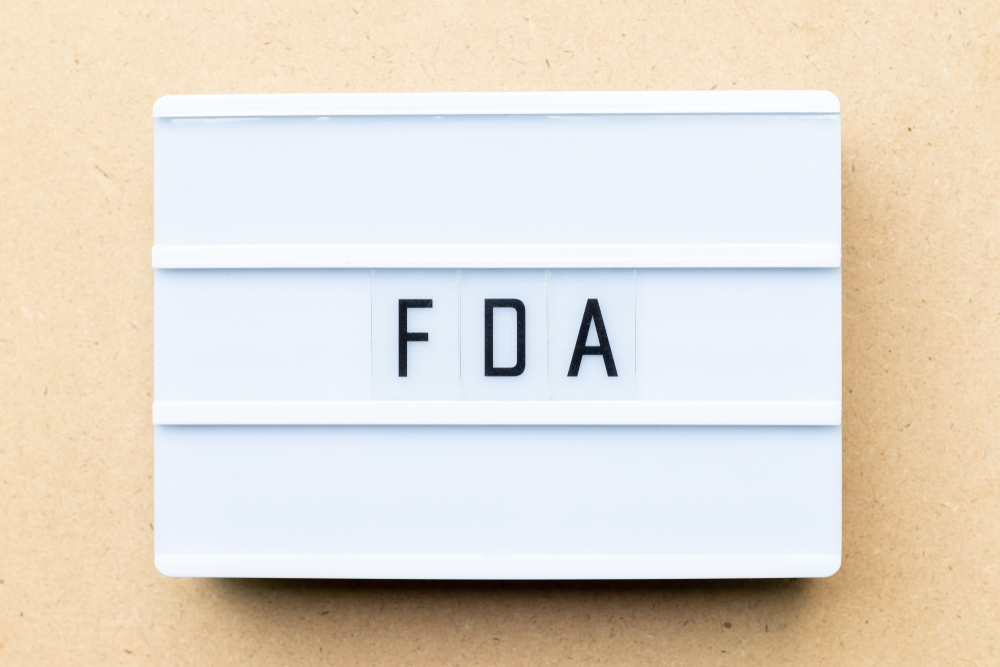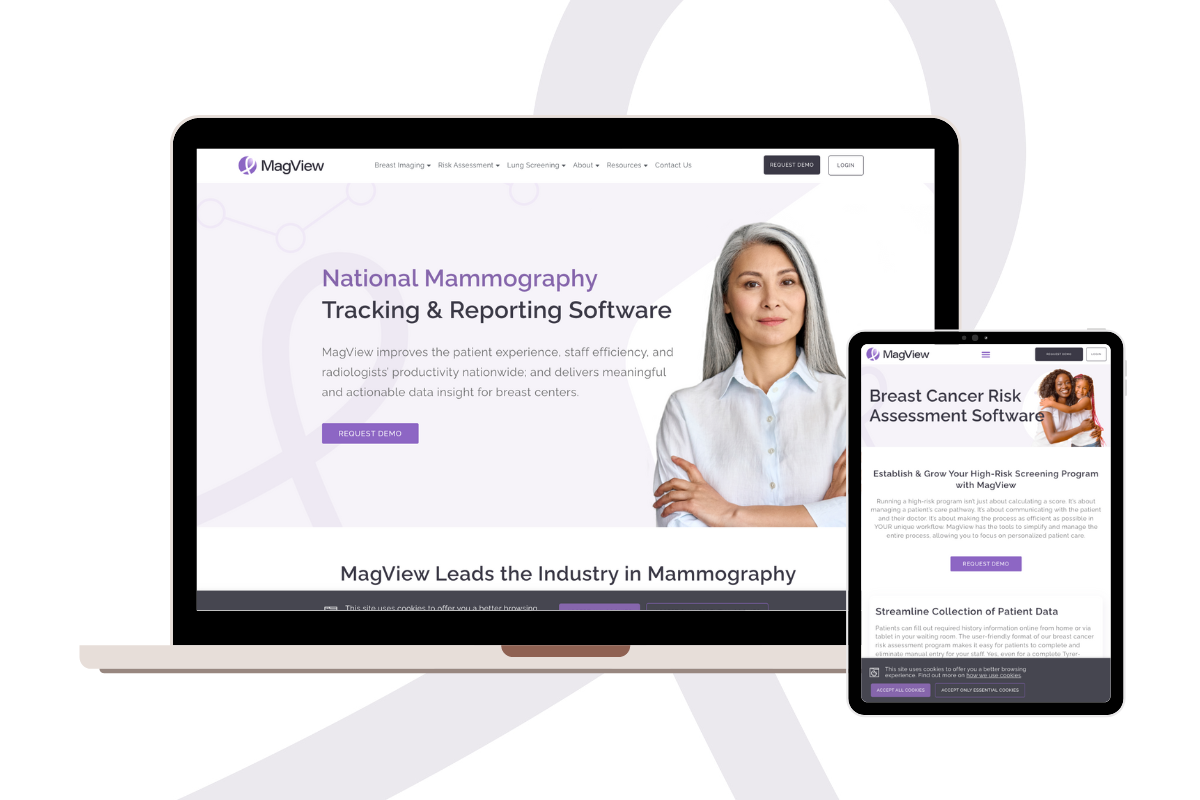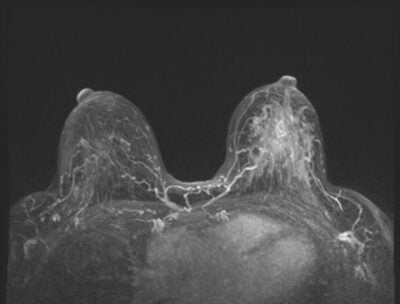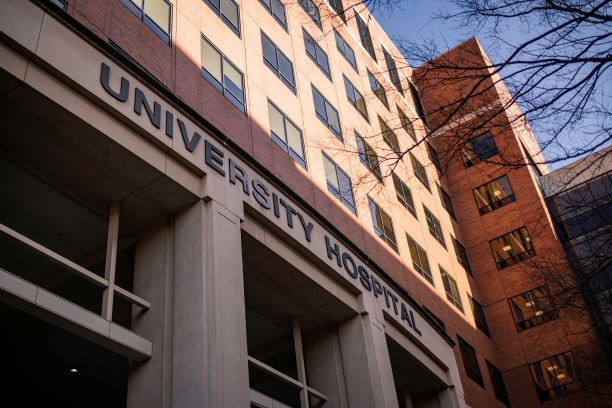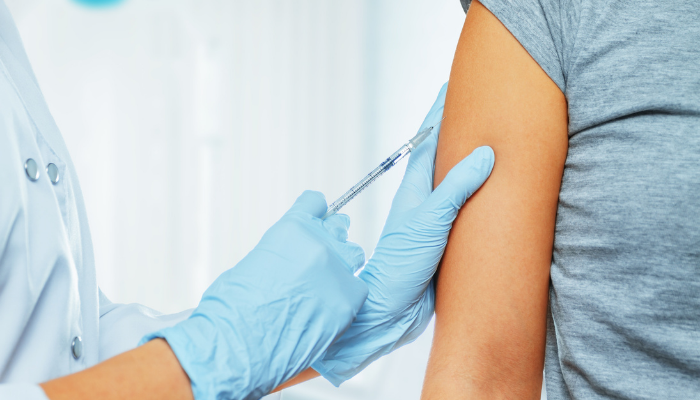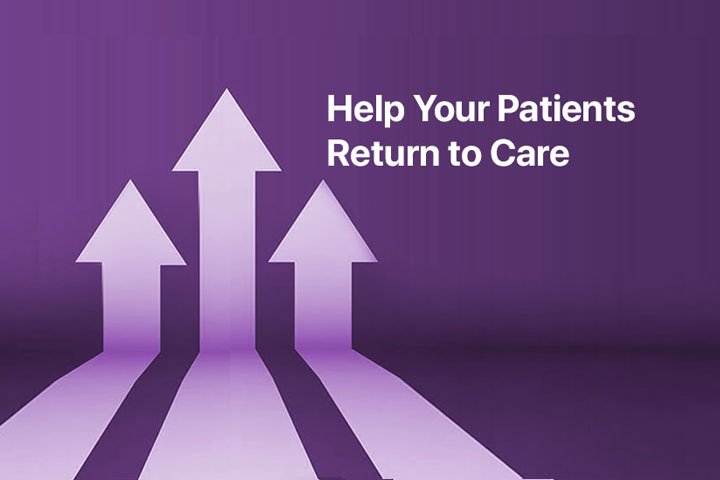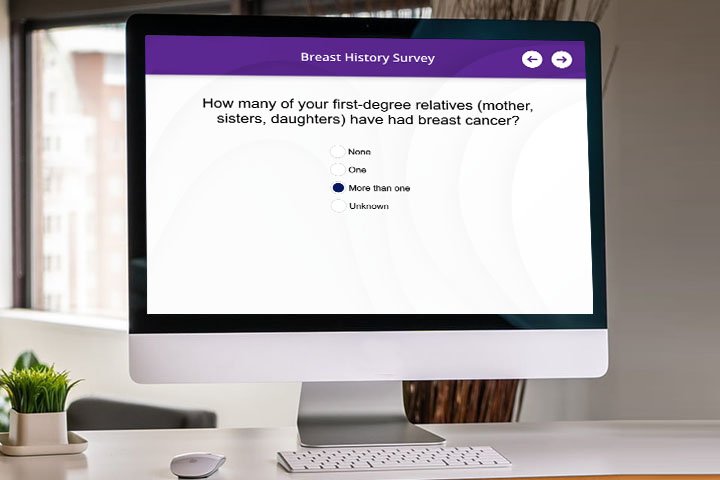When many people think of growing older and aging, they often associate many negative thoughts with the aging process. However, it’s important to recognize that a lot of these preconceived notions are passed down to us through social conditioning and broader culture from TV, books, and movies. However, Vincent Giampapa, M.D. and Nobel Prize winner for his innovative research on cellular restoration technology, says that having a positive mindset and belief system toward aging is one of the keys to a healthy aging formula.
Additionally, the National Institute of Health says some of the most important components to healthy aging and wellness is targeting blood pressure, lowering cholesterol, exercising regularly, and avoiding alcohol and smoking.
In this article, we’ll reveal the top science-backed 10 secrets of healthy aging so you can have a good quality of life no matter your age.
1. Aerobic Exercise
There are countless benefits to having aerobic exercise as a regular part of your healthy aging formula, including:
- Slowing down the body’s aging process
- Reducing risks of stress, depression, and hardened arteries.
- Improving muscle and bone health
- Keeping muscles flexible
- Producing higher levels of endorphins and serotonin to improve overall mood and brain function
- Improving sleep function
- Maintain a steady weight
Not only is aerobic exercise proven to delay biological aging, but it can also help you live longer, and you don’t need to be a high-performing marathon runner to reap the benefits. Exercise can come in the form of gardening, regularly walking a dog, going for short jogs, taking an aerobic exercise class a few times a week, and many more.
2. Incorporate the right ingredients to your diet
What you choose to put into your body has a huge, lasting impact on healthy aging and wellness. ‘Whole foods’ has become a bit of a buzzword as of late, but this is more of a way of eating as opposed to a strict diet. When you fill your body every day with whole grains, nuts, fruits, and vegetables, you can live longer and reduce your body’s risk of getting diseases and ailments such as heart disease, cancer, Parkinson’s, and more.
Probiotics
Probiotics can be found in fermented foods and drinks such as kimchi, yogurt, kombucha, sauerkraut, and more. Probiotics are live cultures that can influence the chemistry of the bacteria in your gut. While the benefits of probiotics at times have been exaggerated, many dieticians and doctors recommend having them implemented as a regular part of your diet to contribute to healthy aging in women.
However, if you’re considering introducing more probiotics into your diet, speak with your doctor, particularly if you’re currently taking any antibiotics, in which case probiotics may produce an adverse effect.
Fish
Eating several servings of fish each week is important to healthy aging and wellness. The high amounts of omega-3s found in different types of fish can help lower the risk of heart disease and your chances of having a heart attack. The American Heart Association encourages fish and omega-3 fatty acids as a regular staple in a person’s diet for those at higher risk of cardiovascular disease and also to help in keeping blood pressure low.
As far as aging goes, the EPA and DHA found in fatty fish can combat against muscular degeneration, which can lead to blindness for older groups.
Potassium
Eating a lot of potassium-rich foods like fruits, bananas, tomatoes, potatoes, and more is another great way to implement healthy aging through diet. Potassium helps you develop lean muscle tissue, which begins to decrease naturally in your body at around age 65. Too much loss of muscle mass can lead to serious health issues, so make sure you’re getting the proper daily dose of 4.7 grams.
Vitamin B (B12)
B12 is commonly found in seafood and poultry products and is known to help keep your energy levels up. This vitamin is not naturally produced by your body, therefore you must find sources of it elsewhere. B12 is also good for:
- Preventing anemia
- Promoting red blood cell formation
- Supporting bone health and preventing osteoporosis
- Decreasing your risk of macular degeneration, which affects your vision
- Helping combat depression and boosting overall mood
- Helping with memory retention
- Supporting healthy hair, skin, and nails
A supplement may be a good source of getting the B12 your body needs. For those 65 and older, speak with your doctor as older groups are advised to take B12 as part of a B-complex vitamin because the latter might be too harsh on the stomach.
Vitamin D
Vitamin D is one of the best defenses against age-related diseases like cardiovascular disease, high blood pressure, some cancers, and autoimmune disorders. You can easily get vitamin D from foods like eggs, fish, and milk, but your body also produces vitamin D on its own when exposed to sunlight.
Many people don’t get as much vitamin D as they should though, so speak with your doctor about potentially taking a supplement or schedule regular 20-minute intervals per day in the sunlight.
The main takeaway here is that the foods and ingredients you ingest have a real effect on your chromosomes and can combat your risk of age-related diseases. In fact, a study conducted by the University of Michigan found that “eating a diet that is rich in fruits, vegetables, and whole grains and low in added sugar, sodium and processed meats could help promote healthy cellular aging in women.”
3. Schedule social time
As human beings, we naturally crave connection and acceptance. Chronic loneliness has been linked to a higher risk of depression, anxiety, and even dementia.
Conversely, according to the National Institute of Aging, people who regularly take part in social activities can boost their mood and they also tend to live longer.
Even if you don’t live close to family, you can always engage in volunteer work, casual learning courses, and even connect with loved ones on social networks to help you stay more connected and social in your life.
4. Relaxing exercise like Yoga or Tai Chi
Both Yoga and Tai Chi boast the following benefits:
- Improves physical functioning
- Lowers blood pressure
- Relief from stress and anxiety
- Slows down bone loss post-menopause
- Aids with experiencing better sleep
- Increases flexibility
- Improves balance
- Lessens pain from arthritis
Both Yoga and Tai Chi are easy to learn and very simple to do, in fact, many health clubs and community centers offer low-cost or free classes for these types of meditative exercises. Both incorporate slow movement, strength training, and deep breathing practices which aid in overall cognitive function and well-being.
5. Cut back on red meat
High consumption of red meat is linked with multiple health problems. While small amounts per week can be nutritious, eating too much of it can lead to higher cholesterol levels, colorectal cancer, and type 2 diabetes.
Try replacing a few of your red meat dishes in the week with poultry, fish, or even tofu for a healthier balance of red meat in your diet.
6. Reduce your sugar intake
Sugar has been proven to age us both externally in our appearances and internally. With many foods these days containing hidden traces of sugar, it’s important to indulge in desserts and sweets every now and then, and also be on the lookout for sneaky sources of sugar in foods like granola, yogurt, milk, and juices.
Sugar is also known to damage the liver, make blood pressure levels go up, and change metabolism levels, so make sure that when you to add sugar into your diet, you’re incorporating it wisely.
7. Use your brain
The belief that our mental abilities inevitably decline as we get older is largely false. While the brain chemistry does change as we age, you should keep your brain active in the form of taking a fun class, learning a new language, doing a daily crossword puzzle, writing, or engaging in stimulating conversation. These activities will help keep your brain more “young” and alert. As they say, if you don’t use it, you lose it!
8. Drink Green Tea
Green tea has strong antioxidants in it that help reduce inflammation in the body and promote overall better aging. Green tea is particularly known for having a high amount of the antioxidant EGCG, which can help increase cell turnover (and helps reduce wrinkles!)
9. Go for your regular checkups
Going in for your normal health examinations is critical to healthy aging so you can be aware of any signs of serious health problems before they become worse. Make sure to go in for regular appointments such as:
Annual physical
This is probably the most common form of physical examination where your vitals are checked (blood pressure, weight, etc.) as well as your blood to see if you’re lacking anything or showing signs of potential diseases or other health problem.
As a refresher, we have an article on the 9 most common female health problems you may want to look at for healthy aging and wellness.
Gynecologist
For females, going in for your regular gynecological appointment is vital to female health and wellness. If you’re curious about how the gynecologist can help you, we have an article on the top questions for gynecologists answered here.
Dentist
Your risk of gum disease increases as you get older and going in for regular dental appointments in addition to brushing and flossing are the best ways to prevent against gum disease. In fact, gum disease and tooth loss are associated with an increased risk of cardiovascular disease. So, make sure you’re going in for regular dental checkups and teeth cleanings.
10. Getting regular Mammograms
Mammograms are an x-ray of the breast. This is a regular examination meant to detect breast cancer. Most women are advised to get their first mammogram at around age 40 or 45, and this might be younger for those at a higher risk of developing breast cancer. Make sure you talk with your doctor about when you should start getting regular mammograms.
We have another article all about mammograms where we cover what to expect and clear up commonly asked questions about the procedure.
While aging is an inevitable part of continuing life, at the end of the day, it is all about whether you decide to have a positive or a negative attitude. We hope our article on the 10 secrets to healthy aging has been enlightening for you, so you can begin on the path toward living a full, happy life as you age.
A good way to work positivity into your healthy aging formula is to make sure you reflect on the healthy aspects of aging, such as increased life experience, wisdom, thinking about what you’re appreciative of, and everything you’ve been able to accomplish with the life you’ve lived so far.



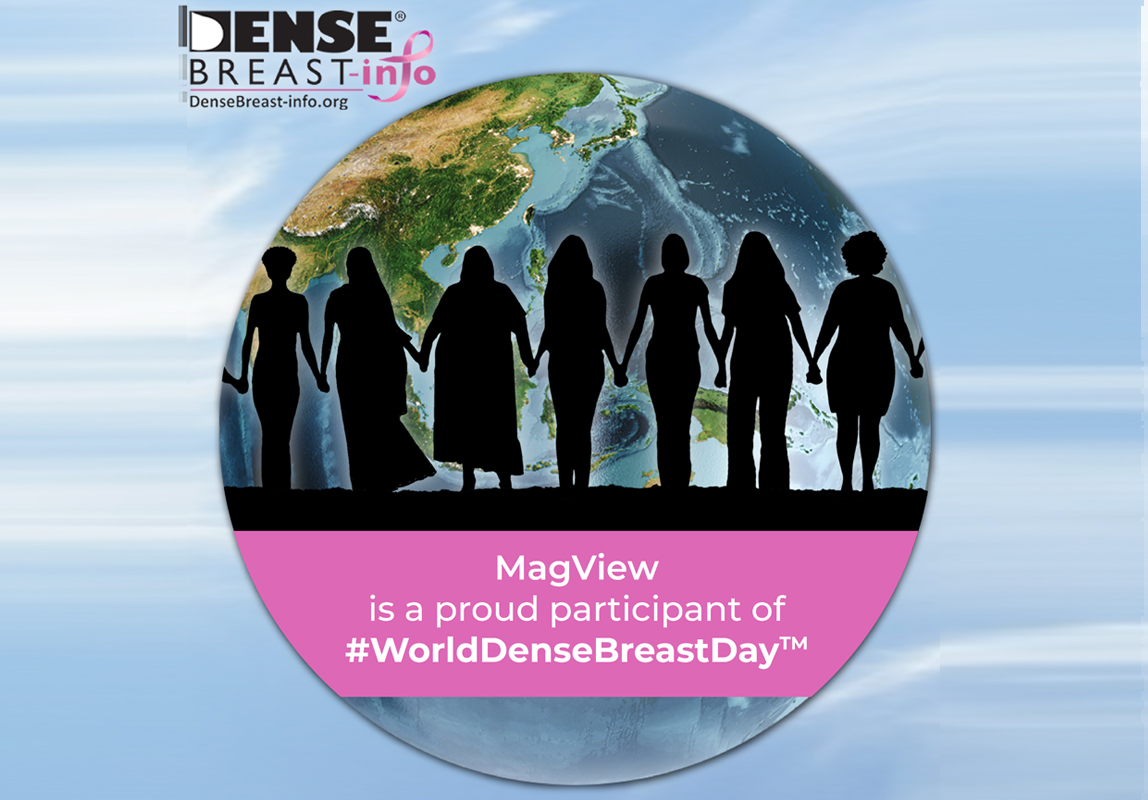

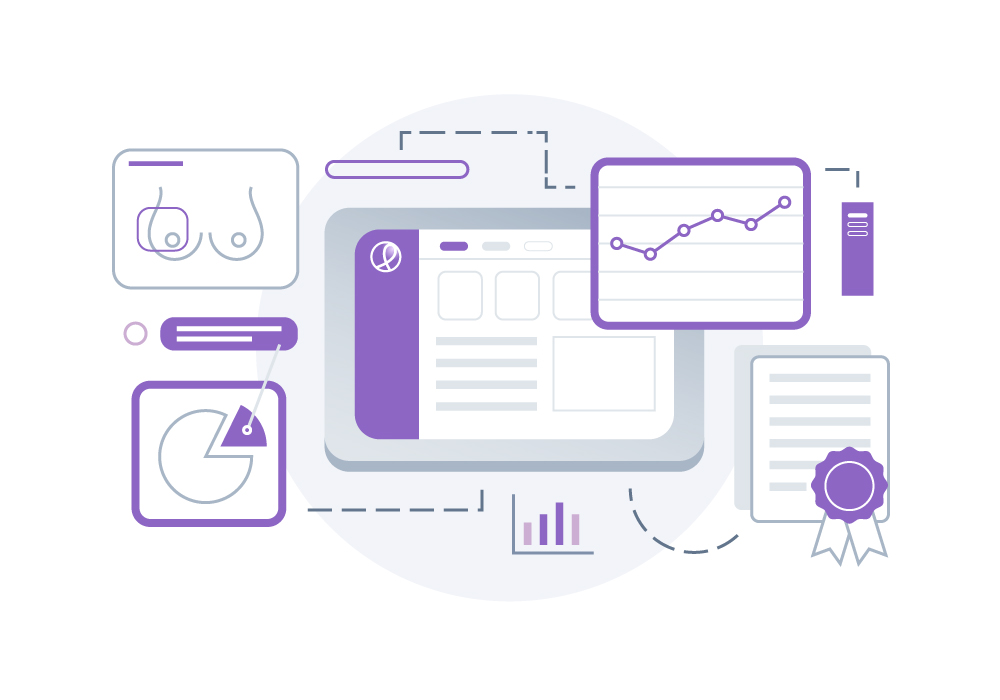


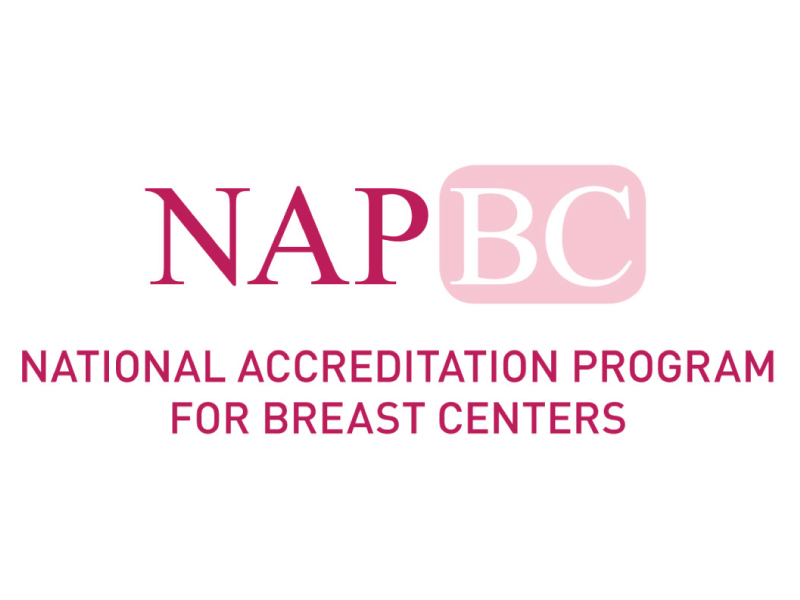
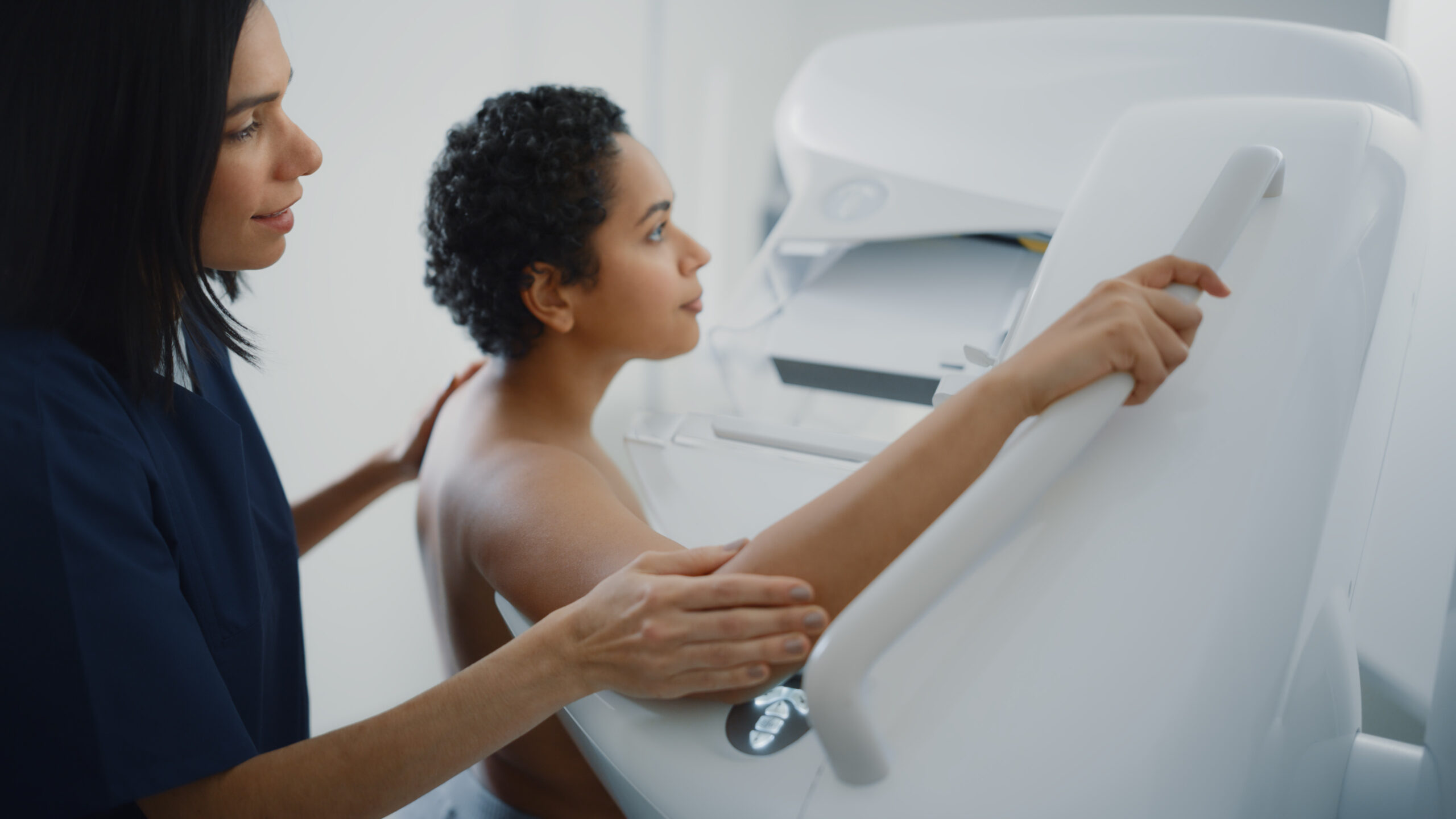
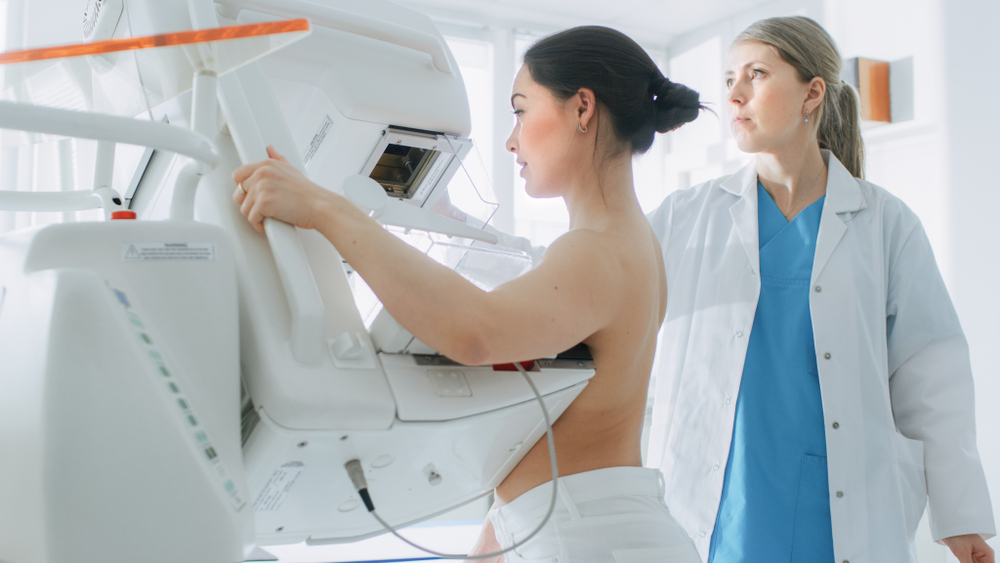
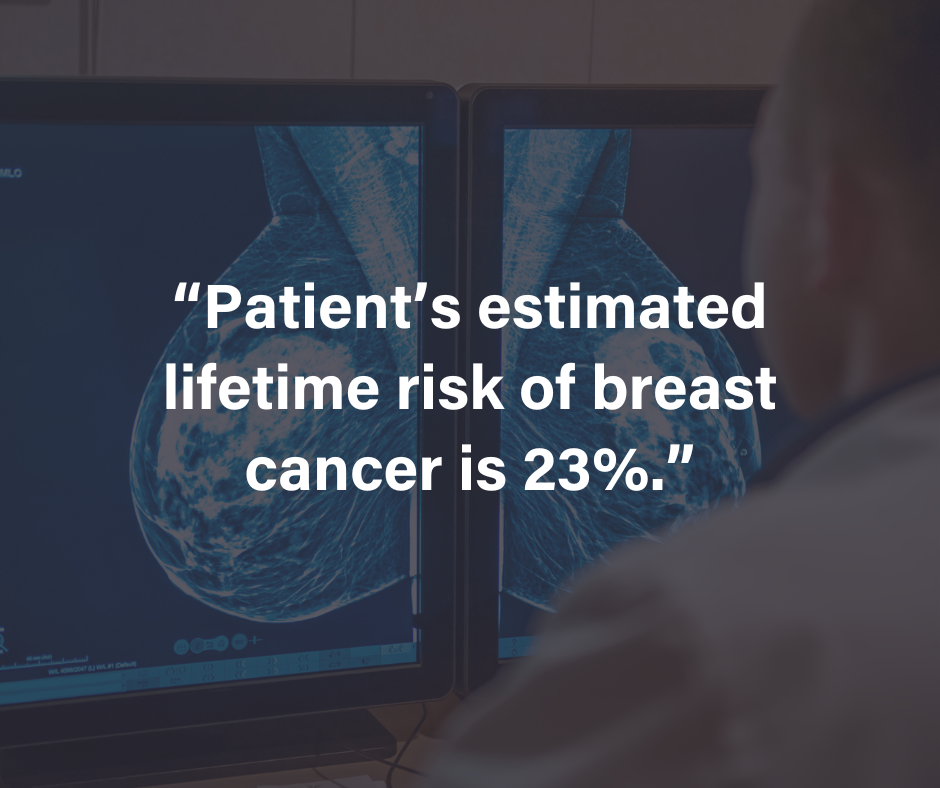
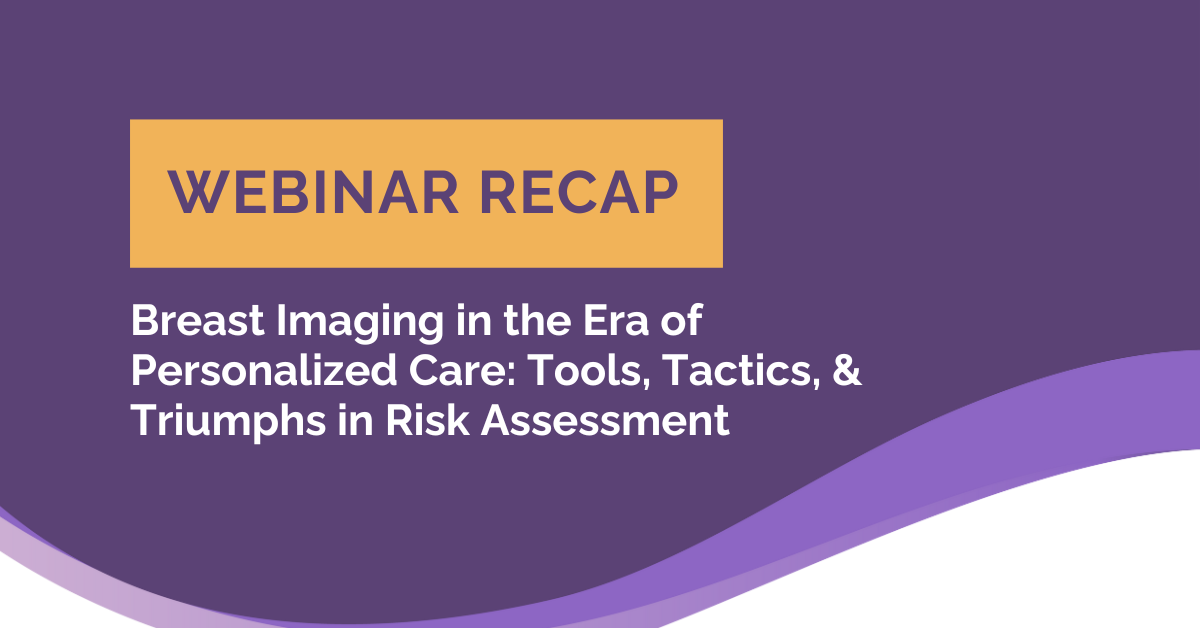
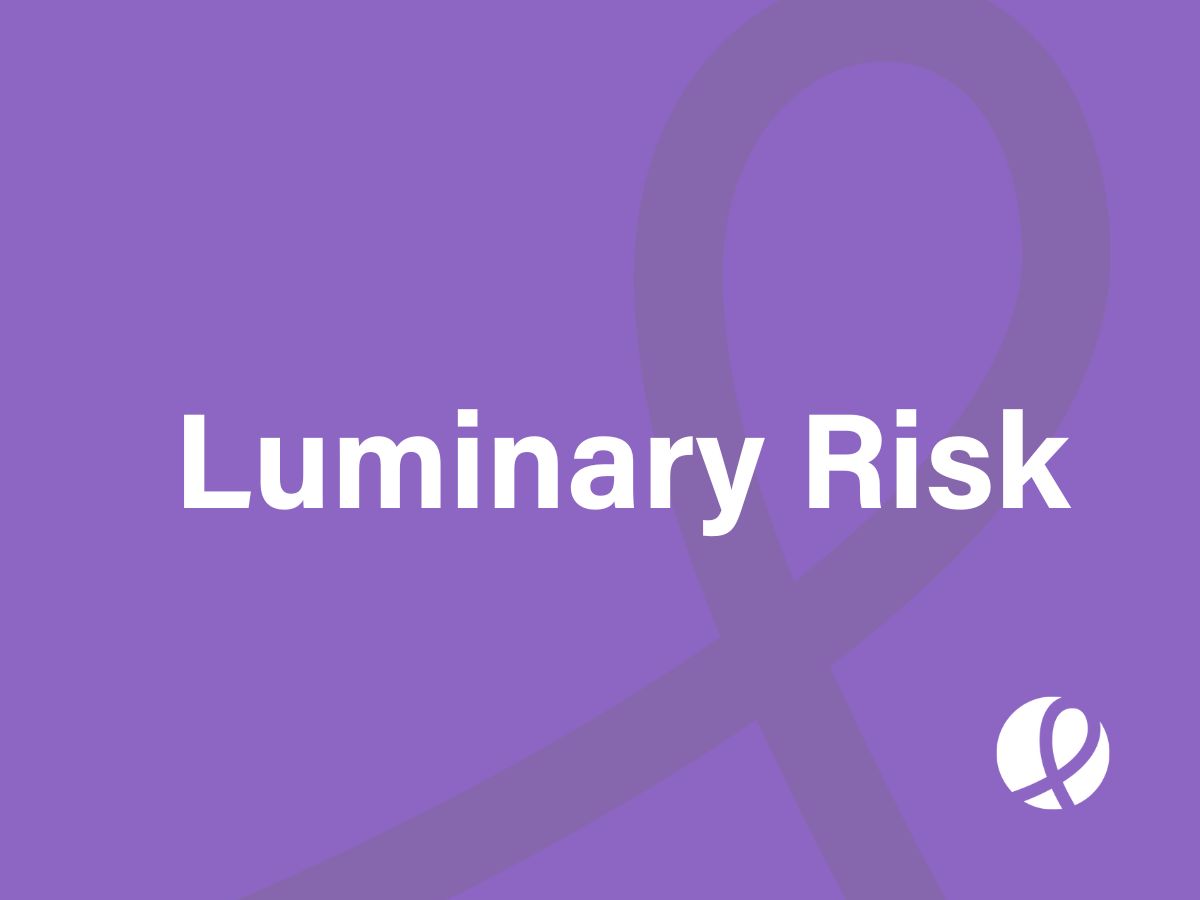





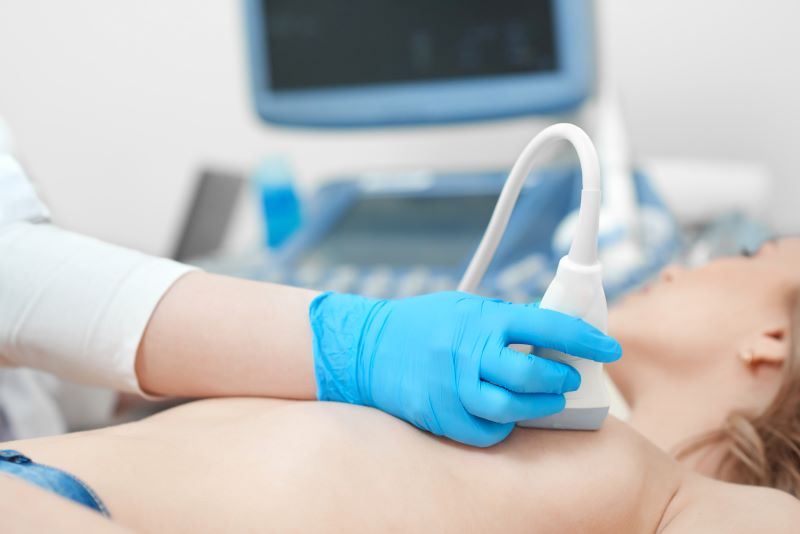
![monitoring breast density shutterstock_1299510538-[Converted]](https://magview.com/wp-content/uploads/2023/05/shutterstock_1299510538-Converted.jpg)
